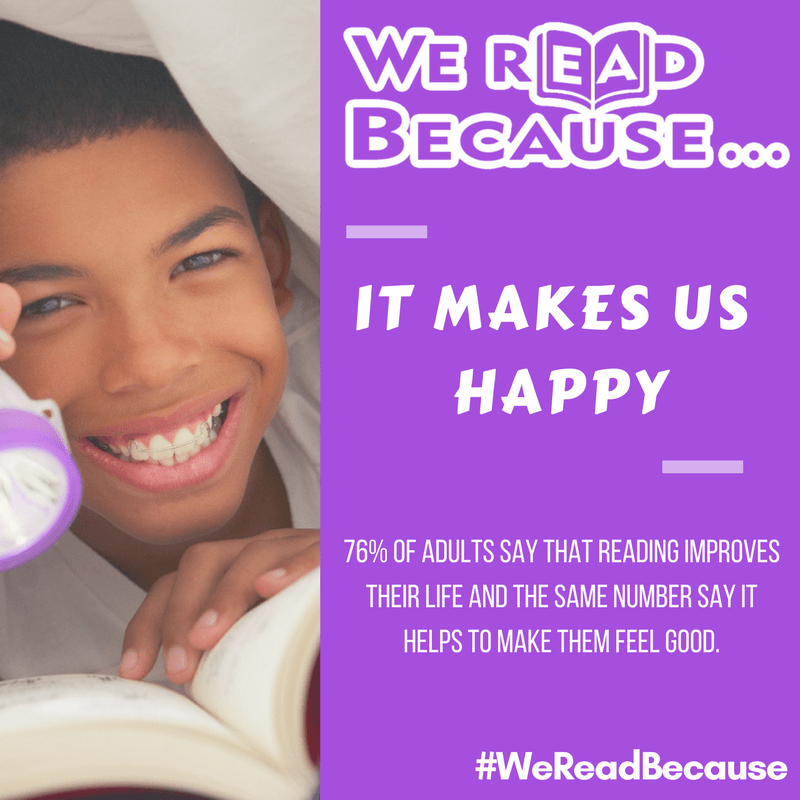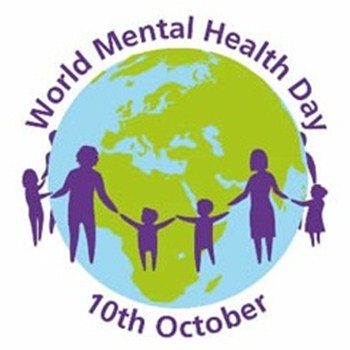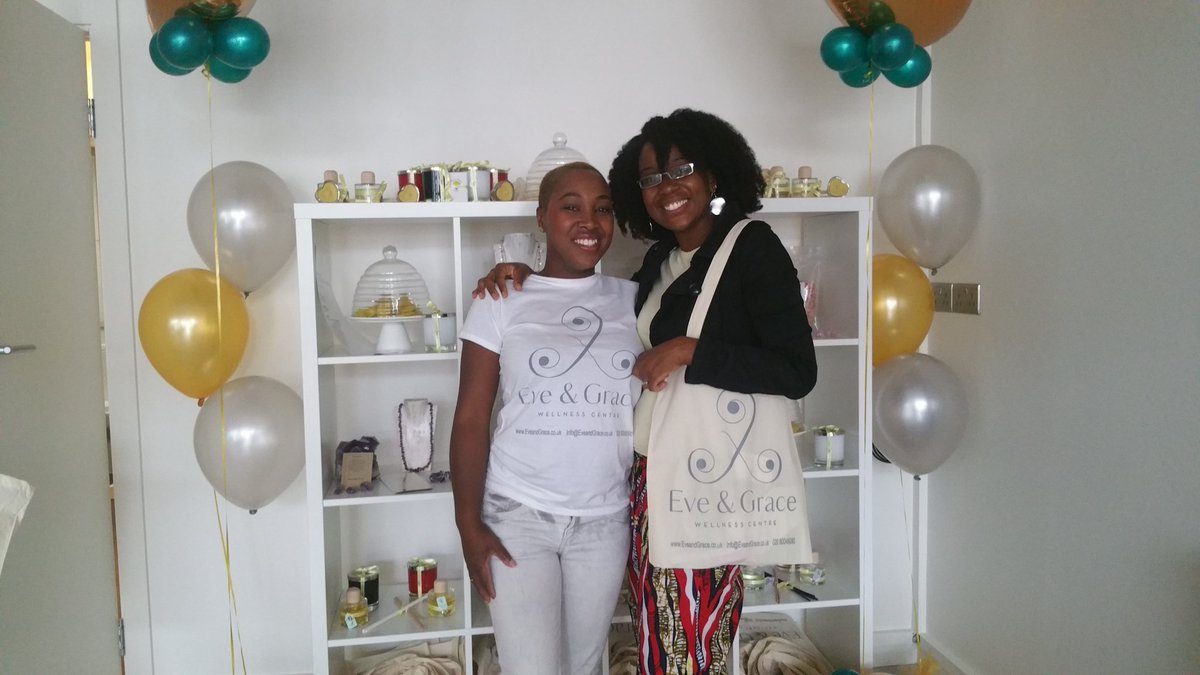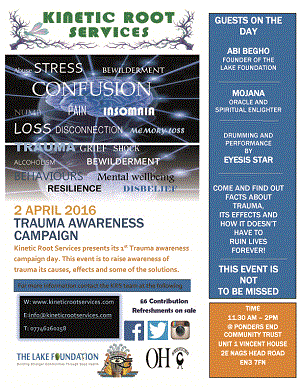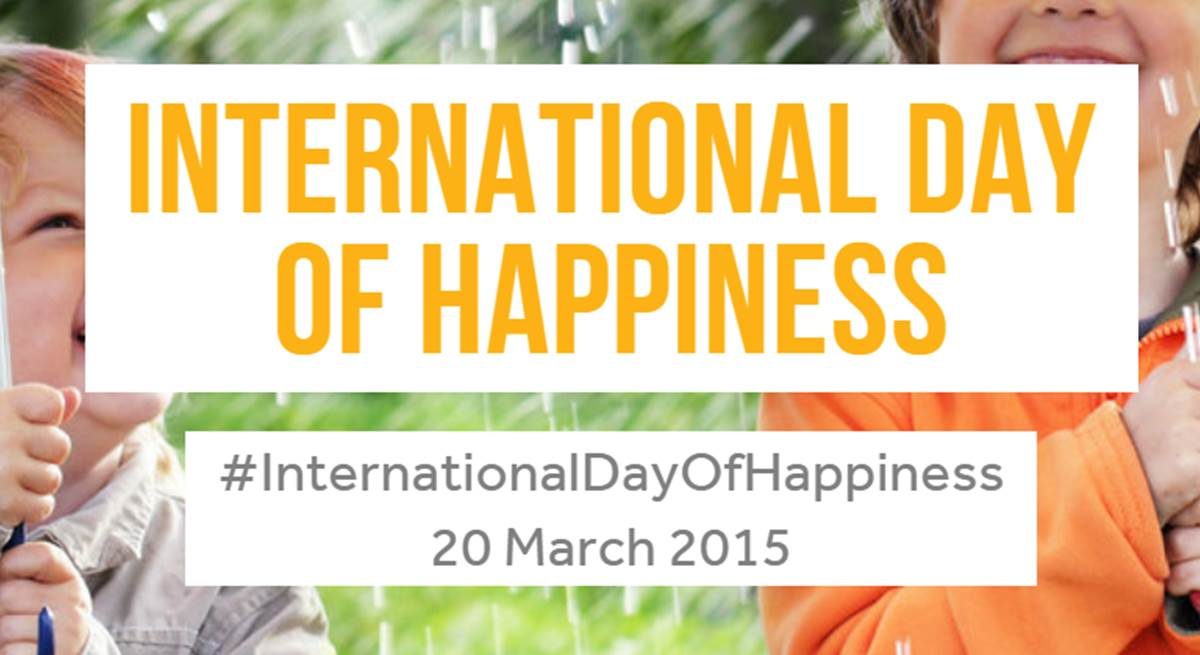The Health Benefits of Reading
This week, our guest blogger, Stacey Mensah, finishes off our series on the health benefits of various leisure activities. In previous blogs we’ve explored the health benefits of writing and listening to music and in this current blog Stacey puts the spotlight on reading.
Good Morning, Everyone! I hope you’re doing well! Today’s post is on the topic of reading but more specifically with the health benefits that are associated with it. I love to read because it allows me to widen my perspective of the world and that has always been important to me. It’s also a great way to mentally escape from that morning commute or even the noisy neighbours. The benefits of reading – for the most part – can be grouped into the external and internal. With the internal referring to how reading changes you from the inside and external being how it affects your outwardly health. As I’ve gotten older it’s become a lot harder to read as frequently as I would like. The urgent commitments of life always seem to overshadow the casual commitment to read and that frankly is the problem! Keeping these benefits at the forefront of your mind will ensure we no longer view reading as a secondary task. So, here we go:
The Internal Benefits of Reading
Cognitive Stimulation
Reading has shown to slow the progress of Alzheimer’s and Dementia, as it keeps your brain active and prevents it from losing power. This means that it’s great to challenge yourself when choosing a book. I’m about to read the book, ‘Gut’ by Giulia Enders. It’s a book that I’ve tried to read before but of course has challenged me and therefore has stayed on my withering bookshelf. It’s ok if you’re stopping to define words, underlining or simply just stopping for time to internalize. If we don’t challenge ourselves daily, we will not grow as human beings and stagnation is a dangerous thing!
Say Bye-Bye To Stress
Weight Watchers has recently reported that cuddling up with your favourite book can reduce levels of stress hormones called cortisol. Studies have shown that participants who read after partaking in a stressful activity are more likely to have their stress levels drop by more than 50%.
Vocabulary Expansion
This is personally one of my favourite benefits of reading. It certainly beats reading a dictionary, which no one should ever do willingly. Researchers estimate that we learn up to 15% of our vocabulary through reading. This is significant for children, whose vocabulary size is directly related to the books they read. By reading in your spare time you will feel more comfortable reading to your children. Especially if they are asking you to explain concepts, and hey, you may even enjoy it.
Peace
Do I need to say anymore? Reading is a source of tranquillity and with the pressures of everyday life it’s important to not get caught up in the hustle and bustle. Reading is your way of giving yourself a time-out. Time out from the world to find your centre and re-group – making you a stronger individual in the long term.
Improved Focus and Concentration
It’s sad to say that in our technology advanced world, the average attention span has greatly diminished as different platforms are continuously vying for our attention. Within the first few minutes of waking up the average person will check their various social media profiles, check emails, monitor their smart phones and interact with their family and friends. This wouldn’t be so bad if those few minutes didn’t turn into an hour or possibly more. Reading a book allows all of your attention to be focused on the story. Try reading 15 minutes a day before you go to work and I’m sure you’ll see the difference.
The External Benefits of Reading
Read – Your Muscles Will Thank You Later
Reading is a great way to stay focused while working out. A grappling plot may keep you on that cross trainer a little longer than expected. Remember to always keep your posture as failing to do this would result in injury.
Reading Can Encourage Life Goals
I liken reading a biography to the equivalent of getting a cheat sheet on that test you just can’t seem to pass. Someone has basically condensed their life and logic into the pages of a book, that you now happen to be the owner of. Recounting all of the mistakes they made and the lessons they learnt so you don’t have to. Reading about someone inspirational can also motivate you to reach your own goals.
Brighten Up Your Day
Novels drum up positive feelings in more subtle ways. Your favourite character happens to become an extension of you and when they happen to have a triumph and overcome an obstacle your day will suddenly become a lot brighter.
Entertain Yourself While Saving Money
Reading a is a low-budget source of entertainment and can be next too free if you choose to borrow books from your local library. Cue the angel chimes. Libraries have books on every subject and usually rotate their selection so you will always be met with a challenge. If you aren’t able to get to a library however, then you can always download e-books, or a version suitable for your kindle in order to get your fix. There is a topic for everyone, so, please, don’t be shy and get stuck in!
Comment down below and let us know what your favourite books are…









